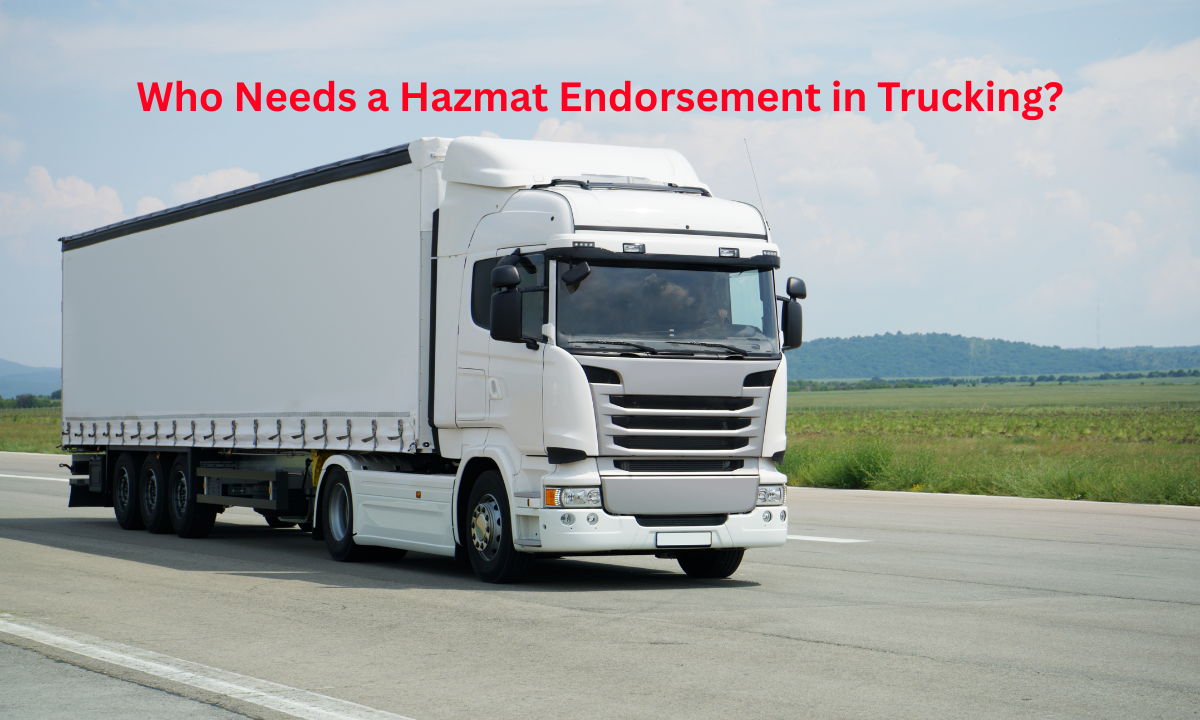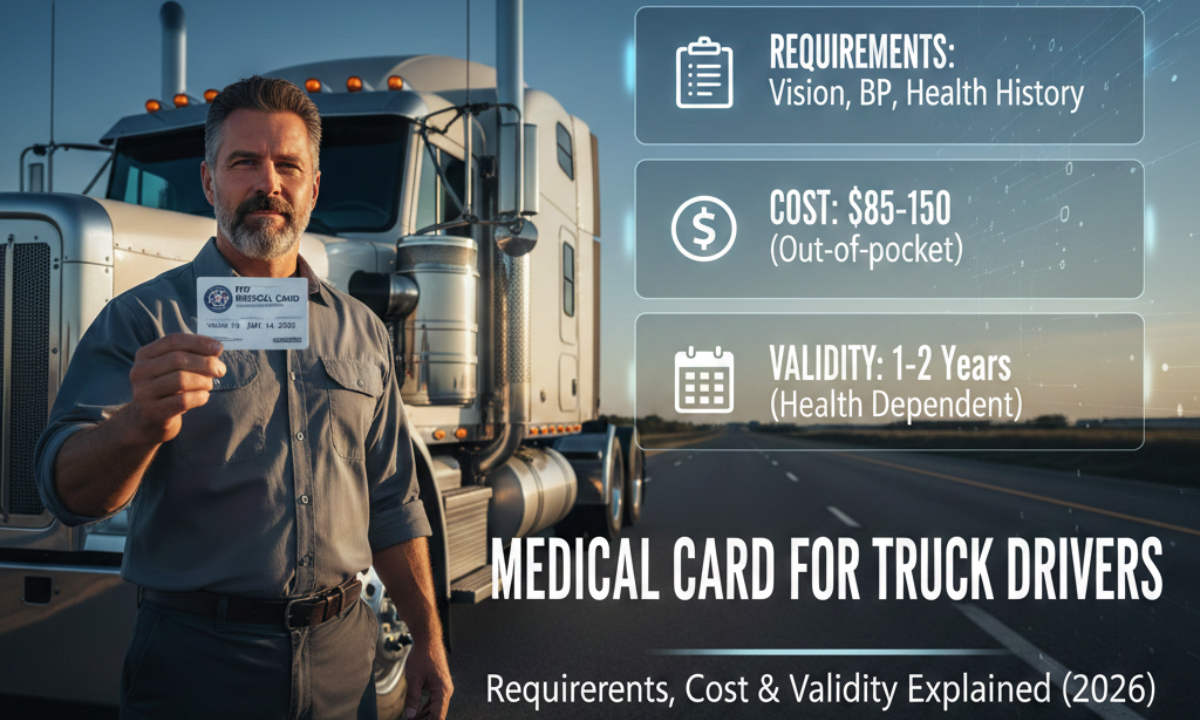Do Truck Drivers Have to Sign Contracts with a Company?
When initiating the trucking career, one commonly asked question concerns whether drivers have the obligation to sign a contract with the employer. There is no straightforward answer to this question. The answer depends on the kind of employment agreement, the company policy, and whether the driver is an independent contractor or a company driver. This overview will help to gain an understanding of how contracts work in trucking and will help in making sound career decisions with regard to protecting long-term financial interests.
Reasons Why Trucking Companies Prefer Contracts
- Contracts between the carrier and the driver build up an understanding that is mutually right for both parties in terms of obligations. These contracts include important information such as:
- Rates of pay, how the pay is going to be made (per mile, hourly, percentage of load).
- Duration of work commitment or term of contract.
- Breakdown of equipment responsibilities (who maintains and insures the truck).
- Safety and compliance rules that conform to DOT standards.
- Termination clauses and conditions under which the driver exits from the company.
The contract is intended to be protective of both parties-the driver and the carrier-to enhance transparency and to minimize disputes.
Contract vs. At-Will Employment in Trucking
Not all trucking jobs go with long-term contracts. Most are offered under at-will employment contracts, which means either driver or employer can end it at any time without penalty. With some jobs, especially with sign-on bonuses, lease-purchase options or dedicated routes, there may be binding agreements which restrict how soon a driver may leave.
Types of Truck Contracts
The kind of agreement that the driver might face depends on his or her role:
- Company Driver Contracts. These are usually shorter and straightforward, covering pay and work expectations.
- Lease-Purchase Contracts: These allow drivers to lease a truck with an option to buy, but include typically strict financial obligations tied to those leases.
- Independent Contractor Agreements: This contract spells out payment terms, liability and rights of those owner-operators pulling freight under a company’s authority.
- Dedicated Route Agreements: Usually put one driver under a certain customer or area requiring long-term stability.
Every type of contract imposes particular obligations, so terms should be read over carefully before signing.
Advantages and Disadvantages of Signing a Trucking Contract
Advantages:
- Payment structure guarantee, together with predictable income.
- Access to company-provided equipment.
- Certified legal protection-avail documented terms of employment.
- Confined terms about routes and responsibilities.
Disadvantages:
- It may not always be easy to leave and take up.
- There are financial liabilities attached to lease-purchase or owner-operator agreements.
- Scheduling and freight choices are limited.
- In general, understanding this trade-off helps a driver understand if signing a contract is aligned with the career goals.
Legal Considerations Before Signing
Before signing any contract, the most valuable thing that drivers should do is:
- Go through the fine print very carefully to understand what obligations are there.
- Check for hidden fees that may be embedded in the lease-purchase contracts.
- Confirm termination clauses to prevent any surprises from penalties charged on early termination.
- Get advice from an attorney if those terms are unclear or binding.
Such assured confidence would mean complying with FMCSA (U.S. Federal Motor Carrier Safety Administration) standards while safeguarding future opportunities.
Do All Trucking Jobs Require Contracts?
Not all truck operating positions would require a formal contract. Entry-level company drivers typically had an advantage of working without signing any long-term agreement. However, hazmat hauling, team driving, or dedicated freight contracts would involve stricter terms. Written agreements are pretty much standard operating procedure for independent contractors, who have the highest liability and responsibility for freight.
How Contracts Affect Flexibility in the Career
Signing the contract may provide the sense of stability or restrict the freedom. A contract works for someone looking for a source of steady income and structured routes. For those who do not want to be tied down and would like to move around different carriers quickly, at-will jobs may be most appealing. It is essential to know personal career objectives before signing.
Conclusion
Whether or not a driver must sign a contract then depends on the job type, the company policy, and the employment status of the driver. Contracts can bring forth stability and security but still curtail freedom. By carefully reviewing terms, understanding legal implications, and aligning agreements with personal career objectives, drivers can make confident and informed choices within the profession of trucking.
Disclaimer: The information provided in this blog post is for general informational purposes only. While we strive to keep the content accurate and up to date, we do not guarantee its completeness, reliability, or accuracy. Any actions you take based on this information are strictly at your own risk. We are not responsible for any losses, damages, or inconveniences that may arise from the use of this blog.












